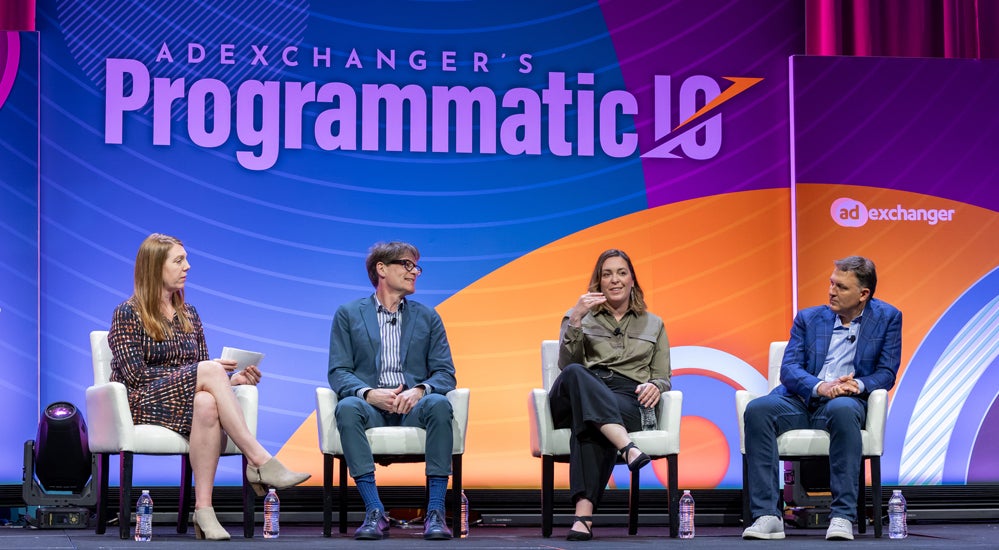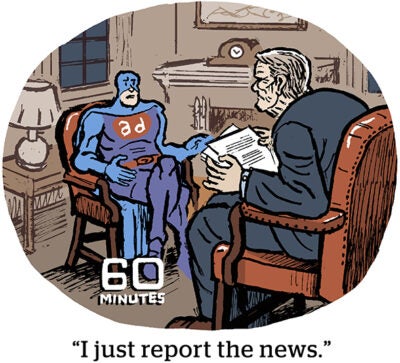Signal loss has led advertisers to invest heavily in their first-party data strategies.
But first-party data isn’t a panacea. And the nontrivial costs associated with acquiring and storing first-party data has left some brands stuck wondering if they were wrong about its promise.
The fact is, ad tech companies are somewhat to blame. They “inflated expectations” of what first-party data can do for brands, said Martin Kihn, SVP of strategy at Salesforce, during AdExchanger’s Programmatic IO conference in Las Vegas this week.
Now that some of the first-party data hype has passed, however, Kihn said, brands can still save themselves from the “trough of disillusionment” they now find themselves in.
How? By working more closely with walled gardens – whether brands like it or not.
Data investments
Collecting first-party data is challenging and pricey.
The good news is that the incremental cost of gathering new data decreases over time, Kihn said. “The more data you have,” he said, “the more you’re going to get.”
An upfront investment in a new web interface that prompts customers to enter personal information in exchange for a discount, for example, continues to generate value as more customers share their data.
But building the tech infrastructure to store and use all of this data is expensive. Many brands, including DTC startups, simply don’t have the resources or expertise to build a CDP, said Erin Foxworthy, industry principal of marketing and advertising at Snowflake. Which is why they tap data collaboration platforms for help bridging that gap.
But it’s also where walled gardens can help.
Whichever way you look at it, “a lot of power is going to the [walled] gardens,” including retail media walled gardens, Kihn said, because they sit on an enviable amount of audience and shopper data.
Trading transparency for performance
Not that there aren’t downsides to activating first-party data inside walled gardens.
A big one is that they have their own performance and attribution methodologies that brands aren’t privy to. Signals go in, but there’s a “lack of signal coming out,” said Matt Kilmartin, SVP of data clean room Habu and partnerships at LiveRamp (which acquired Habu in January).
Many data management platforms are rendered useless, for example, because walled gardens are so stingy with the user-level data they share in their reporting, he said.
Although it’s not like a lack of transparency is stopping brands from investing in an AI-powered ad product like Google’s Performance Max, despite all the griping about what a black box it is.
Despite demands for more transparency into who saw an ad or where an ad even ran, brands appear to rank performance one notch above transparency.
Update 5/24/24: This article has been updated to provide additional context to a quote about business challenges related to CDPs.

















